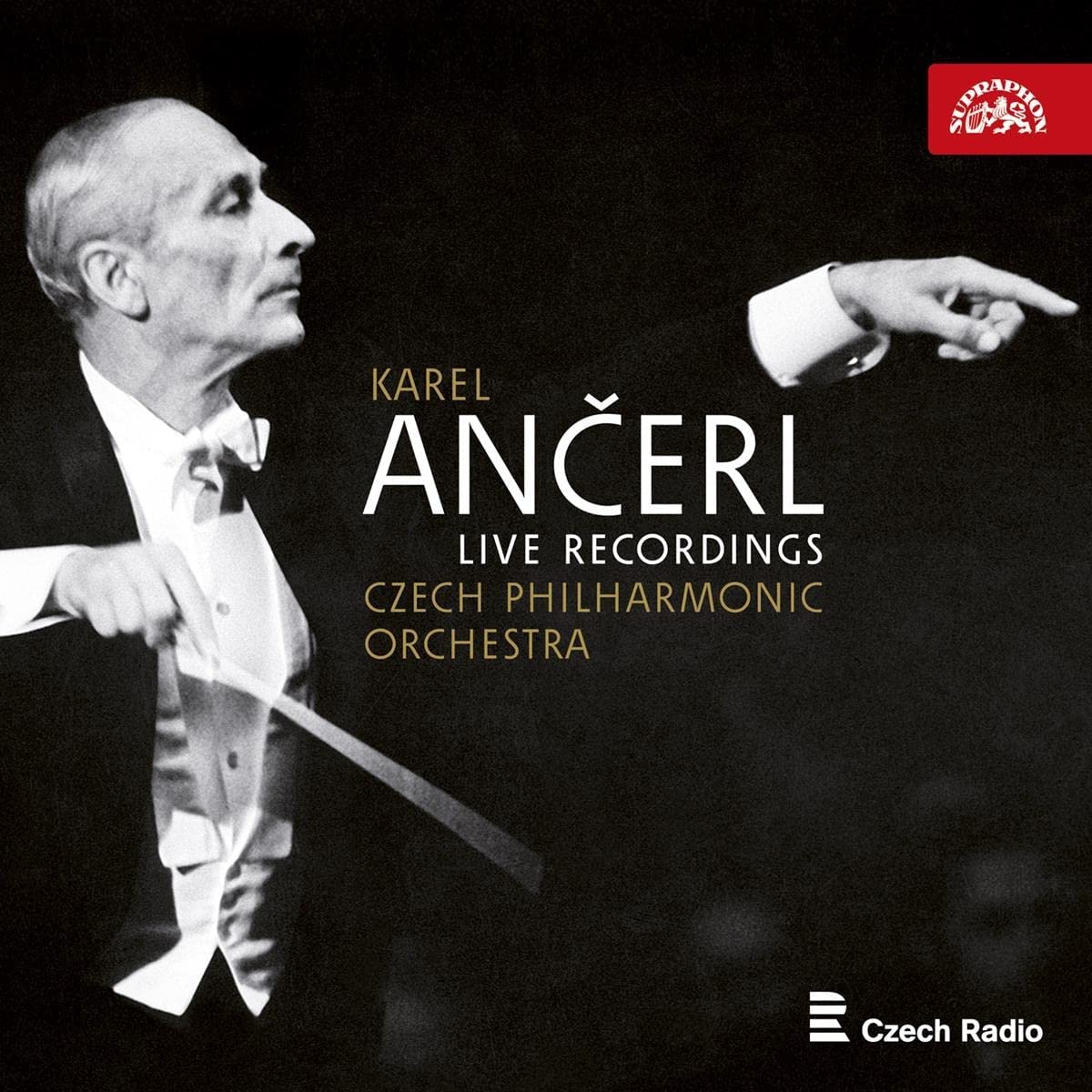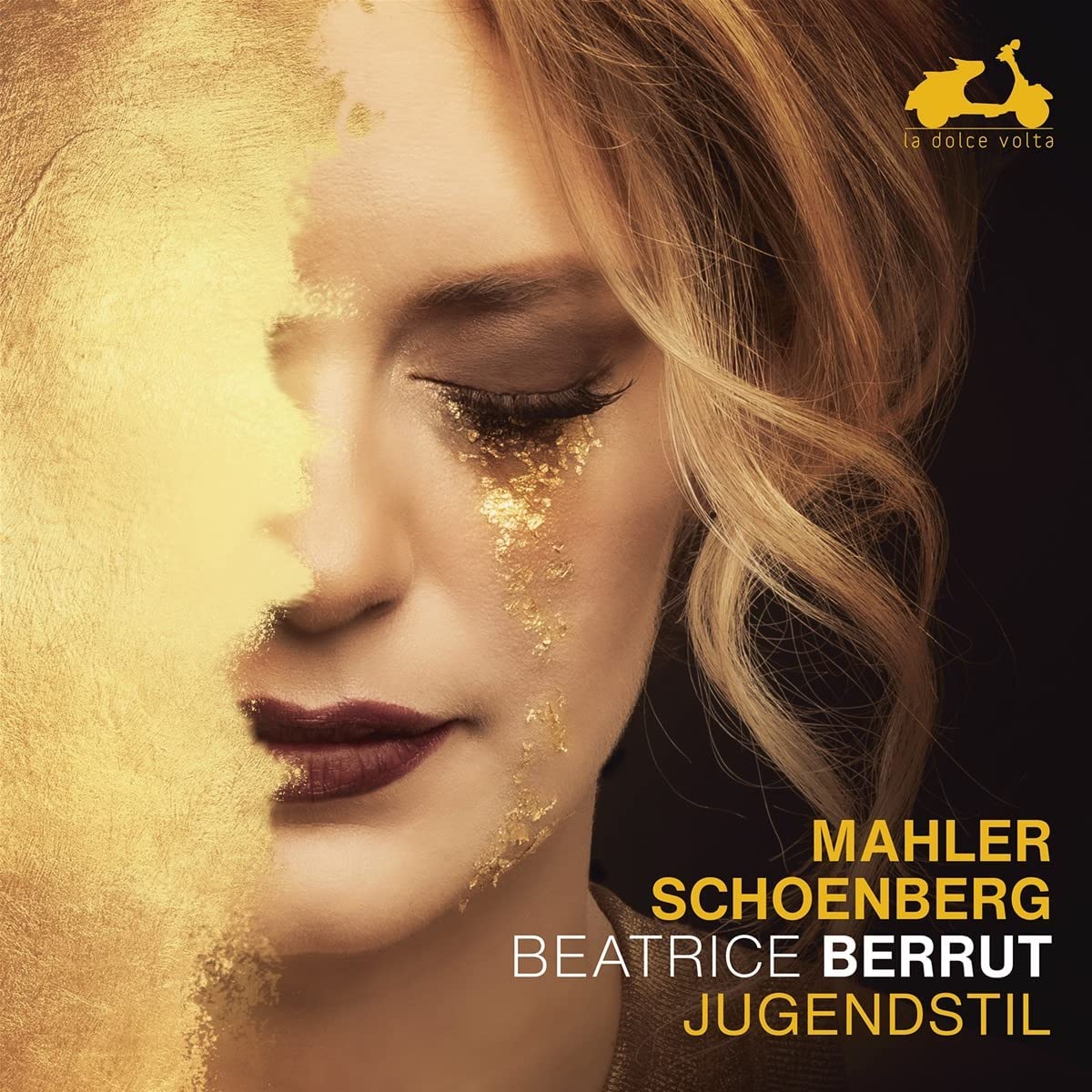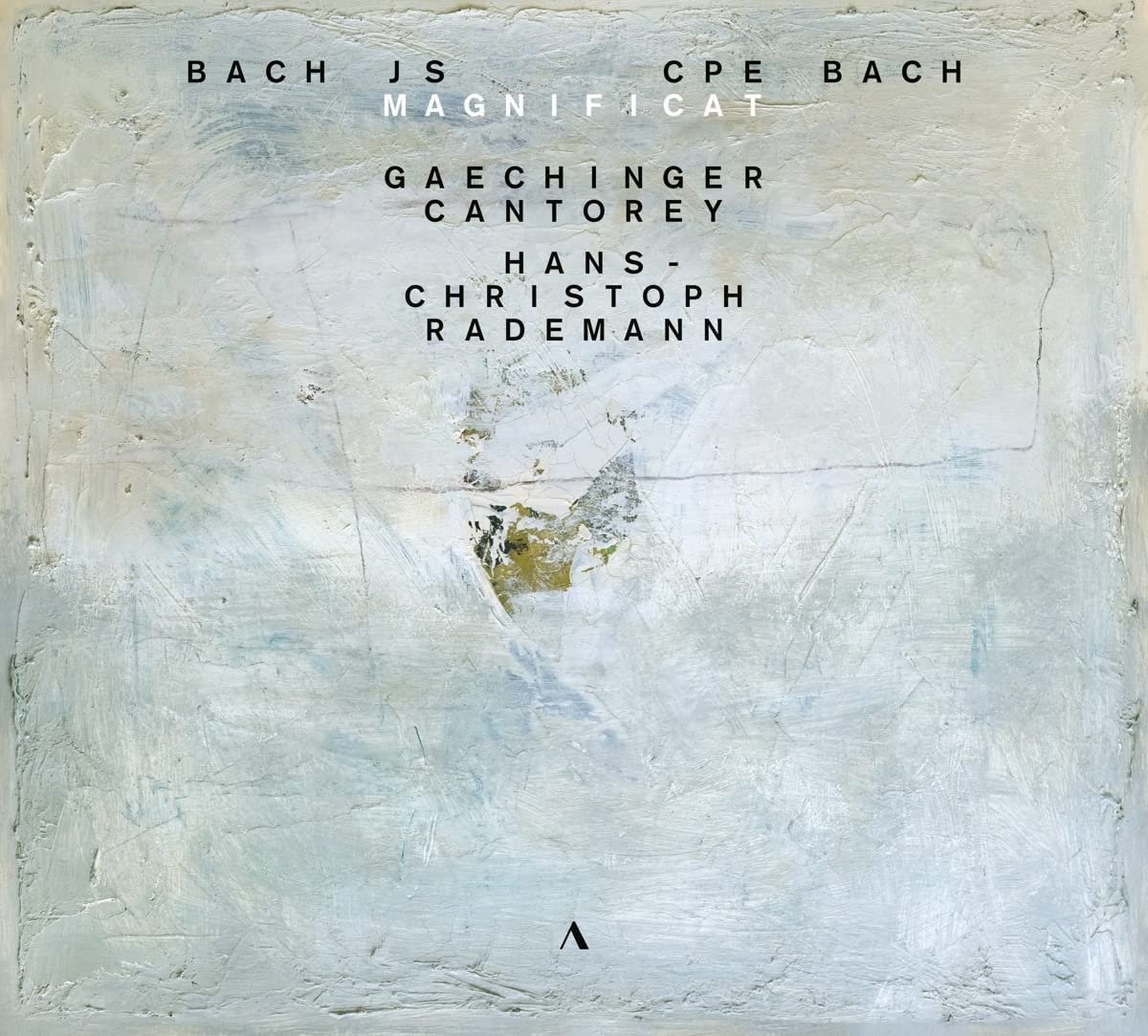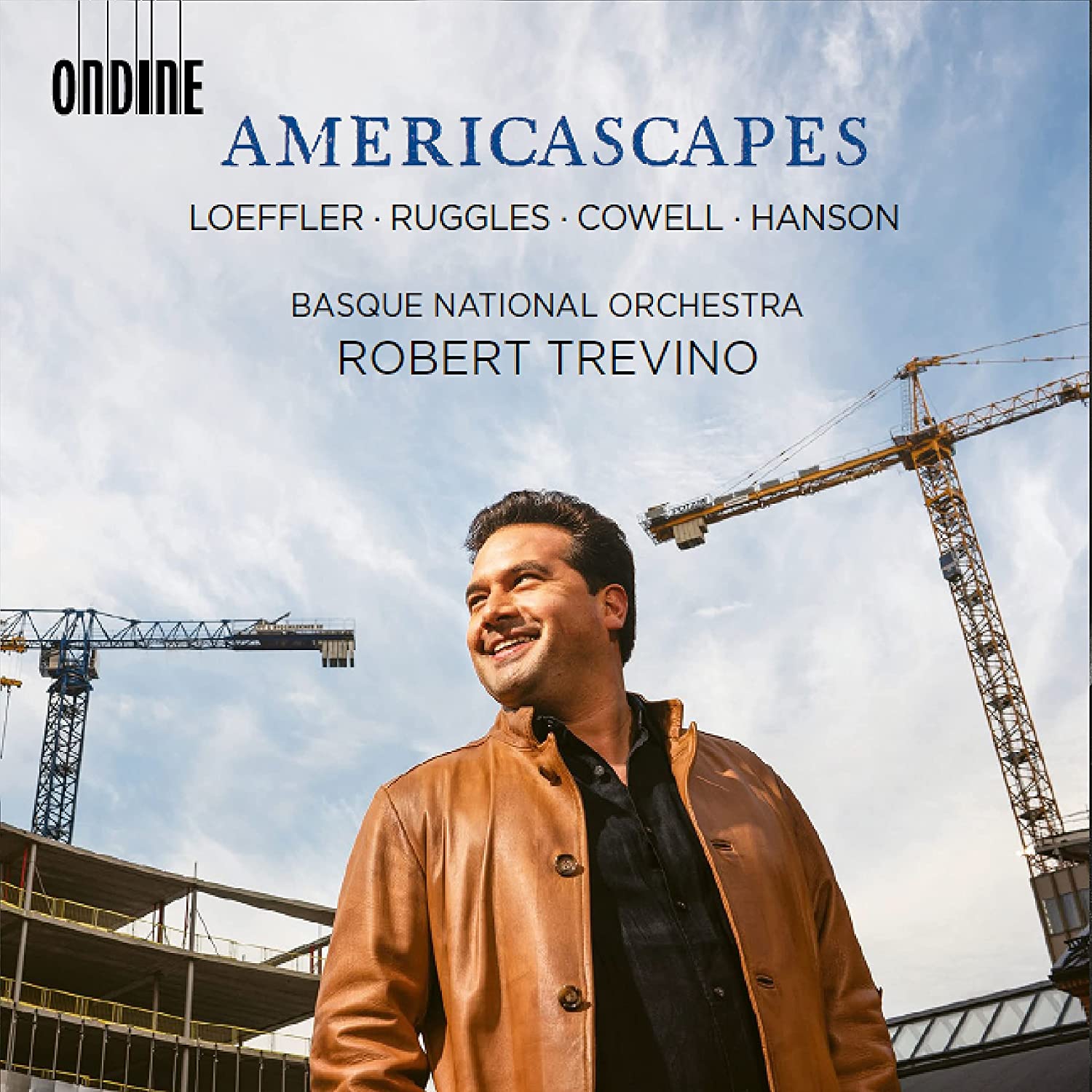★★★★★ SIX BRANDENBURGS: SIX COMMISSIONS, CHAMBER DOMAINE, MALLING ABBEY Bach binds together six equally compelling new works and some of the UK's top players
Bach binds together six equally compelling new works and some of the UK's top players
"Contemporary classical", for want of a better term, works best in concert as a cornucopia of shortish new works offering a healthy range of styles and voices. Add to the mix six of the most exhilarating and original chamber concertos ever, by no means casting complementary premieres in the shade, put together some of the UK’s best musicians and make it an afternoon marathon taking place in the round aatn extraordinary venue, and success should be total.

 Karel Ančerl: Live Recordings (Supraphon)
Karel Ančerl: Live Recordings (Supraphon)

 Jugendstil: Music by Mahler and Schoenberg Beatrice Berrut (piano) (La Dolce Volta)
Jugendstil: Music by Mahler and Schoenberg Beatrice Berrut (piano) (La Dolce Volta)


 JS Bach: Magnificat, CPE Bach: Magnificat Gaechinger Cantorey/Hans-Christoph Rademann (Accentus Music)
JS Bach: Magnificat, CPE Bach: Magnificat Gaechinger Cantorey/Hans-Christoph Rademann (Accentus Music)



 Americascapes – music by Loeffler, Ruggles, Hanson and Cowell Basque National Orchestra/Robert Trevino (Ondine)
Americascapes – music by Loeffler, Ruggles, Hanson and Cowell Basque National Orchestra/Robert Trevino (Ondine)